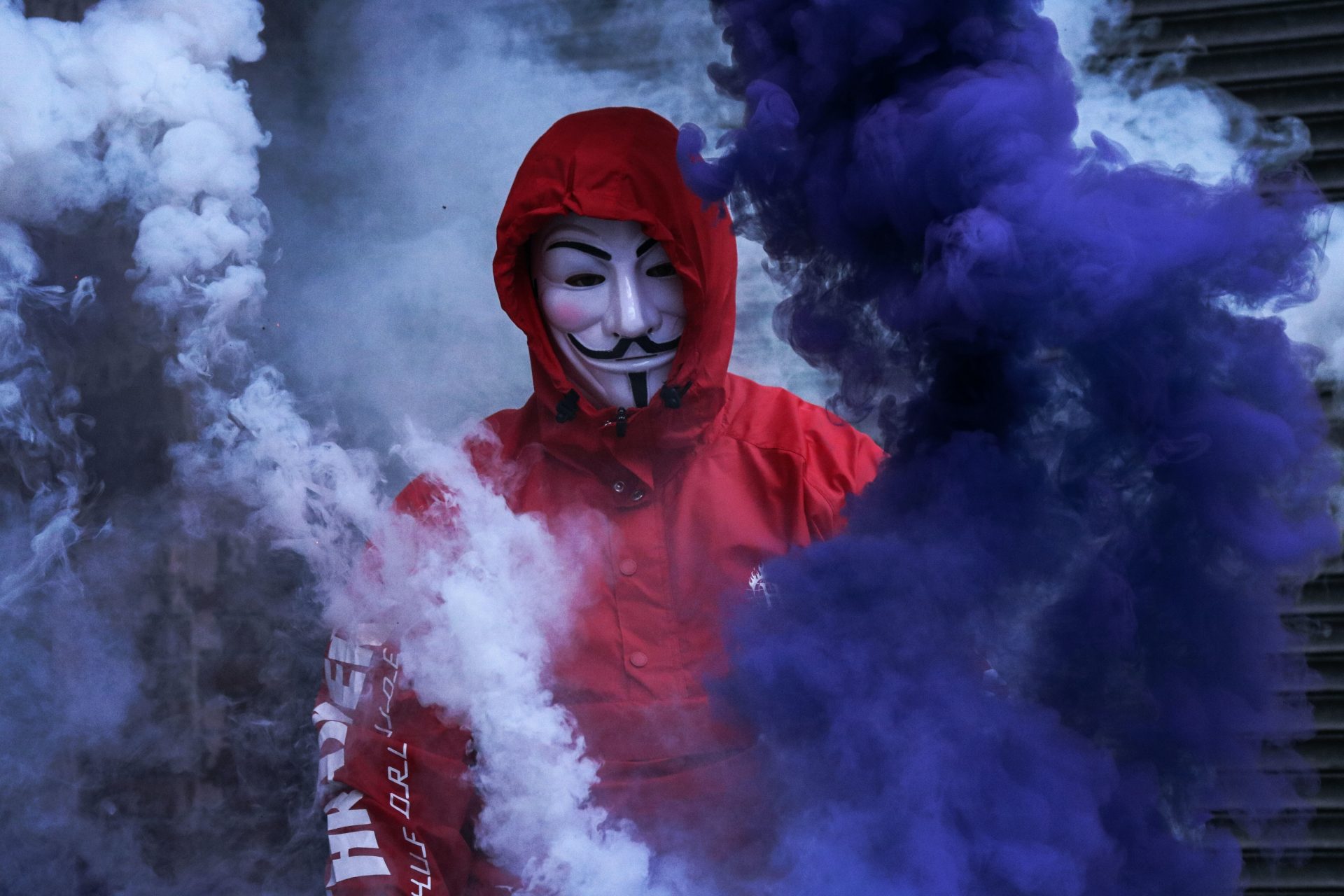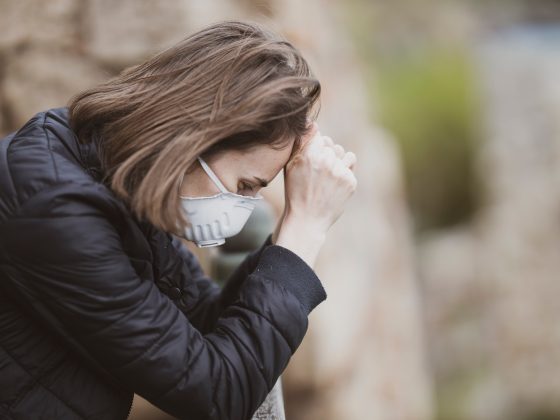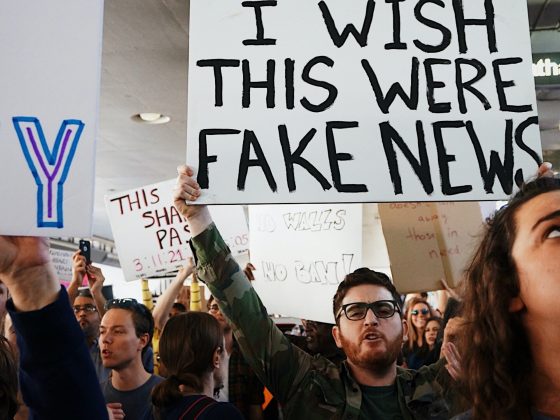Unusual situations produce unusual explanations. This is very true of the COVID-19 crisis. This is why there probably hasn’t been a crisis in recent memory that produced more fake news, conspiracy theories, and other scares that no one knows who spread them and whether they are true or false.
But whether or not the coronavirus was made in a lab in Wuhan, China, and whether or not it is meant to scare us into agreeing to implant in us a chip that will monitor our every move, those theories all have one major flaw: They ignore the root cause of the virus. In the end, it does not matter who created the virus or for what purpose. What matters is that it is here, and it is changing the very fabric of human society. This is something that no human intended to achieve, and no human can control.
“In today’s interdependent society, if one faction remains dissatisfied, it will inevitably bring down the whole society.”
The coronavirus is indeed exposing something, something that my teachers call “the recognition of evil,” the evil in human nature. The virus shut down all of our systems and sent us to do some thinking. While we were at home, nature thrived and animals began to roam freely where they had not roamed in decades, demonstrating how injurious we have been toward nature. While we were at home, for fear of contracting the virus or infecting our more vulnerable loved ones, brash young demonstrators protested the lockdown by rallying together and carrying signs that said “Cuomo protects criminals” and “Cuomovirus the Real Threat in New York State.” So New York State did not go on lockdown, and had 23,000 fatalities so far, and counting fast.
And while the common folk are begging for federal benefits to keep their families and businesses afloat, the tycoons are making hundreds of billions of dollars at everyone else’s expense. Even the richer hospitals got twice as much government aid as the poorer hospitals. How does one justify this? If this is not recognition of evil, I don’t know what is.
There is a good reason that I point out all those examples of human ugliness. The coronavirus did not create them; it only placed a mirror before our eyes so we could see who we are, how we treat one another, and how alienated we are from each other. And if this is how we treat each other, it is no wonder that this is also how we treat nature. Is this what we want to go back to? Is this what we want to reopen? After all, this is what we locked down, so when we reopen, this is what will come out.
We do need to live, but we need to do it right. By “right,” I mean that we need to open only businesses that are truly essential, and not, as one protestor’s sign said, “All Jobs Are Essential.” Essential to whom? To those who want to manipulate us into buying what we don’t need? Not every business is essential, and not all jobs are essential.
Rather, all people are essential. People whose businesses contribute real value to society, such as food, clothing, health care, education, construction, and so forth, should be open and stay open. The rest of us should transition to a whole new field of expertise: human education.
By human education, I mean learning how to be human, namely humane toward each other. We should learn that we are all dependent on each other, because clearly, at the moment we are unaware of it. We should learn that when we promote values such as mutual consideration, mutual care and concern, and accountability toward our communities and cities, we are the first to benefit from this. If we want to have a future, we need to acknowledge that the quality of our future depends on the quality of the society we live in. And if we don’t build a good, supportive society for ourselves, who will?
Activism is great, as long as it is directed toward uniting society around improving everyone’s life, and not toward promoting the interests of various pressure groups. In order to solve the problems of society, all factions and elements of society must partake in the process, share their needs, and the society (or its representatives) should decide together on the priorities in allocating resources and efforts to solve them. In today’s interdependent society, if one faction remains dissatisfied, it will inevitably bring down the whole society. If we do not understand this now, we will understand it after the second or third wave of the virus. So why not do it now, a million victims earlier?











